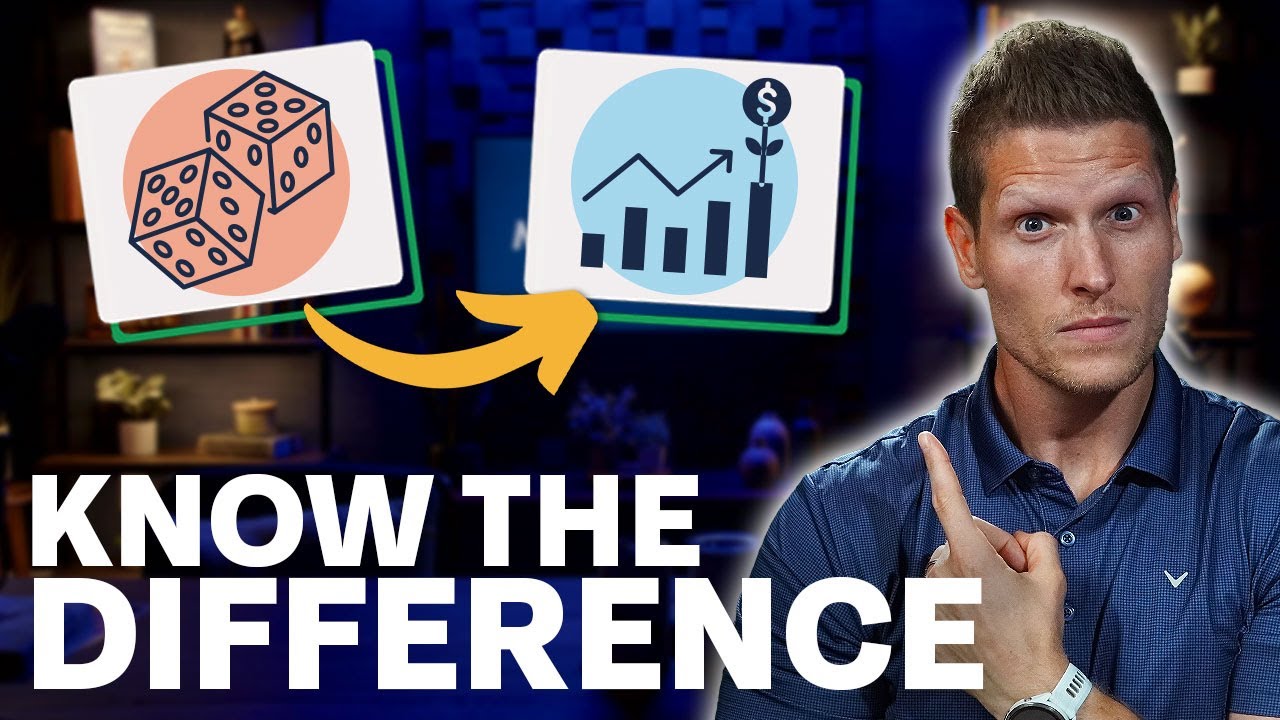He says, "I have the opportunity to max everything - HSA, Roth 401k, and Roth IRA - but it will be about 50% of my income. Should I consider not maxing everything in order to invest in a brokerage account instead? And what do you think about the 50% of his income?"
A lot of people ask us this question in a different sense. They say, "Hey, I'm on board with you guys, and I want to hit my 25%, but by the time I do my $6,500 and I got a spouse, by the time they do their $6,500, and then we got a family HSA plan, by the time we do our $7,750, and we both have employer-sponsored accounts, so I got the $22,500, and she or he's got the $22,500, man, we're hitting 25% way before we ever get to the taxable brokerage account. Is that okay? And what happens if I'm moving in there? Should I decrease it? Should I think about doing a taxable brokerage account if I'm hitting my 25% before there? It sounds like you're even at a different standpoint; you're up to like 50% of your income, and you're not clearing above those thresholds. So, Brian, what should someone in that situation do? What should someone who's trying to decide if a taxable account is right for me or how do I know if it's right for me? How do they figure out how to build up those?"
You've got to know the "why." That's the biggest thing; you always have to begin with the end in mind. If you're one of these people that think you're going to retire before you even hit 50, then you have to go even beyond the 25%. That's what justifies when I find out people are saving forty, fifty percent of their income; I'm like, "Man, they must have a pretty strong reason for doing something like that and retiring early." Because if you are retiring early, say, 45, you're going to need that after-tax account so you will be working through the cash flow that bridge period from 45 to whenever you can get access to the rest of your retirement assets. That might be up to 15 years, and you're going to want to have a very healthy after-tax account. But that doesn't mean that because I think about because I've got emails also or comments from 45-year-olds who have multiple seven figures, they're still saving a zillion dollars, and their family is like, "Why are we still driving 12 hours to go on vacation instead of flying as a family to get to the same place?" There is a fine line between mutant and miser, and I just want to make sure you have a purpose. That's why the "why" is so important because if you focus because I tell you on the three ingredients of wealth creation with the discipline, meaning living the lesson, you take that discipline into the money or the army of dollars that actually get invested, and then having enough time to let the compounding growth actually kick in. You know, I do worry about it. I want you to balance that with the bedazzled basic life of being able to still create memories, enjoying your 20s, enjoying your 30s. I don't want somebody to go that miser route to where they're beyond the "why," and it's now just you're so addicted to the fruits that you're getting from saving and investing and watching the accounts grow that you're going to miss out on the fruits of just enjoying life. So that's why don't mishear me and say, "Brian just told me to go spend some money." No, I'm saying make sure you have a purpose and a "why" for every dollar in your army, and that's why I came up with
the financial order of operations. I wanted you guys to be very purposeful with your walk so you'd be able to do 20s a certain way while you're flexible, while you can handle everything. So you can do 30s in the messy middle in a good way but then also have the ability in your 40s to come off and enjoy and actually bear some fruit and enjoy that fruit while you're still in a good place. But all through that is this arc of knowing where you're going on this journey. It's not just, "Hey, today I woke up, I feel like I ought to spend some money." Now I want you to be much more deliberate, where every dollar has a purpose.
I think a great tool that you could use, Mike, is that you - Brian already said this - begin with the end in mind. I would encourage you to go check out our
"Know Your Number" course; go to
learn.moneyguy.com, check that out because here's what you can do: you say, "Okay, this is the lifestyle that I want to live." And you figure out, okay, what size portfolio, what dollar value is necessary for me to live that lifestyle. And based on my current savings rate, based on my current income, what's my trajectory look like? And if it does look like, "Man, I'm gonna hit that number; I'm going to hit that time at 48. Holy cow! Yeah, I better start focusing on that after-tax, high accumulation bucket. If I'm going to hit that number at 58, okay, maybe I can just continue going the way that I am - maxing out step five, maxing out step six." But if you have a clear bead on the end of the journey, it's going to help you better make decisions now all along the path.
I got myself chuckling because I realized my example, Katie's probably going to think that I was talking about her because her most recent family vacation didn't... Oh yeah, she'll drive 16 hours. But you know what? She's a car girl; she likes the ride. She came back and said it was awesome. So I guess I should have built that into my answer too, is that some people maybe the vacation is actually the 16-hour car ride. That's it. So again, once again, be purposeful but also know what you like and enjoy to do with your family members too. Love it!













